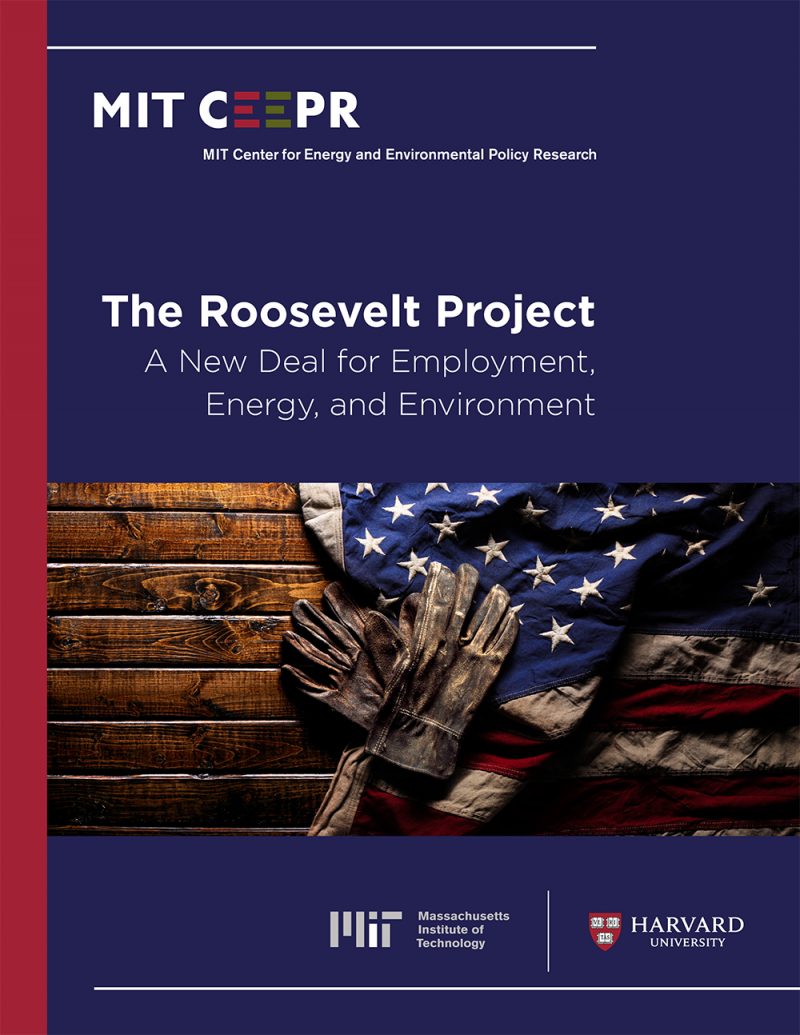The Roosevelt Project: A New Deal for Employment, Energy and Environment
Ernest J. Moniz and Michael J. Kearney
September 2020
Advocates for addressing climate change point to the urgency of accelerating a low-carbon energy transition and the benefits that can accrue to the national economy and global environment. However, the attendant dislocations for workers and communities present formidable headwinds and have not been addressed adequately with clear policy analysis or achievable programmatic action steps. Without intervention, the economic effects of the transition to deep decarbonization will be distributed unevenly across economic sectors, industries and geographies as some business activities and technologies phase out, and new ones emerge. As a result, the extent of the dislocations resulting from the transition will depend on how it is managed by local, state, and federal governments along with their private sector partners. The Roosevelt Project applies an interdisciplinary framework to this transition with the goal of developing a set of policy priorities that promote high quality job growth, minimize worker and community dislocation and harness the benefits of energy innovation for regional economic development.



